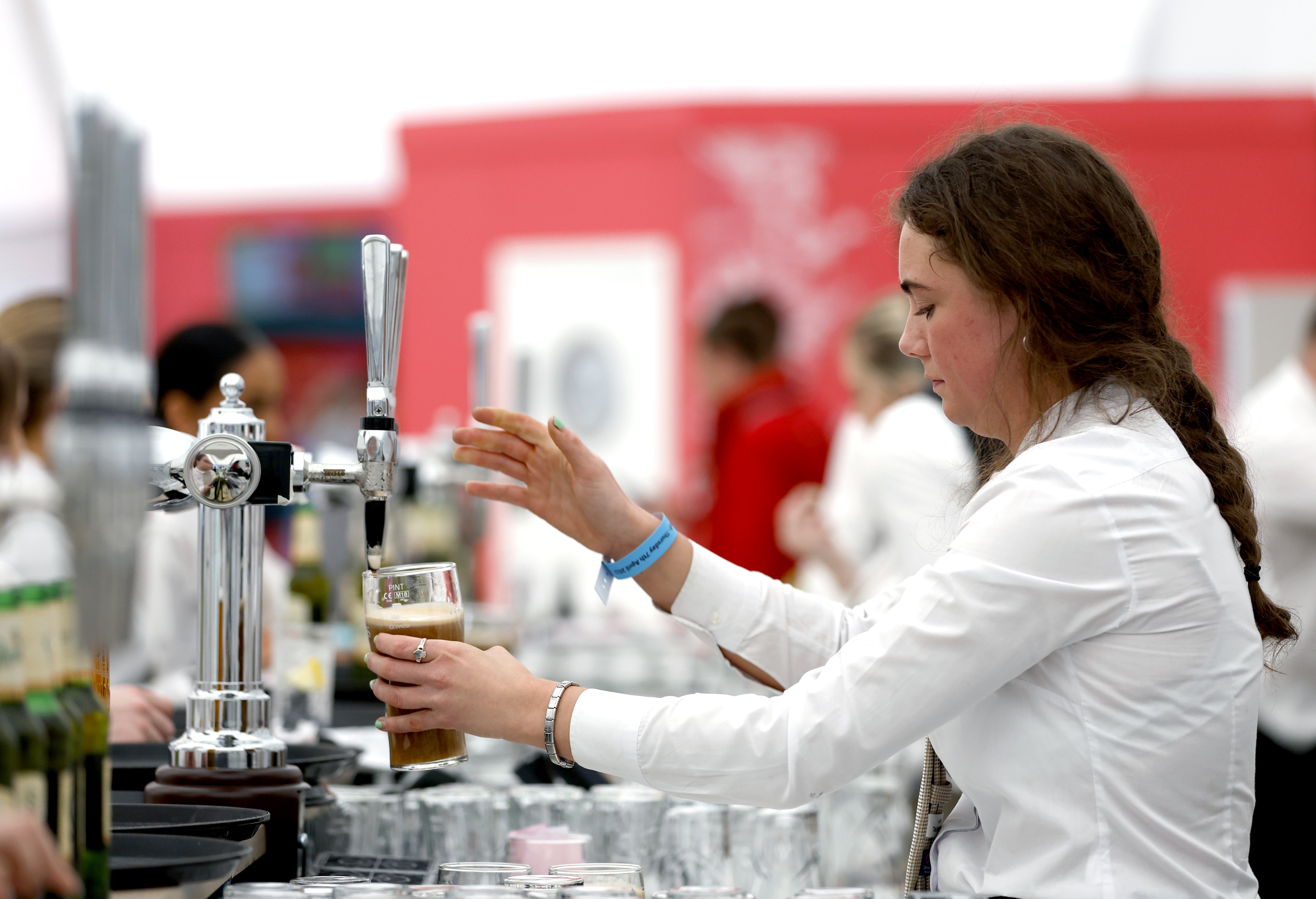Almost half of hospitality firms have cut hours due to staff shortages – report
The study by UKHospitality also revealed that about 15% of roles in the sector are currently vacant.

Your support helps us to tell the story
From reproductive rights to climate change to Big Tech, The Independent is on the ground when the story is developing. Whether it's investigating the financials of Elon Musk's pro-Trump PAC or producing our latest documentary, 'The A Word', which shines a light on the American women fighting for reproductive rights, we know how important it is to parse out the facts from the messaging.
At such a critical moment in US history, we need reporters on the ground. Your donation allows us to keep sending journalists to speak to both sides of the story.
The Independent is trusted by Americans across the entire political spectrum. And unlike many other quality news outlets, we choose not to lock Americans out of our reporting and analysis with paywalls. We believe quality journalism should be available to everyone, paid for by those who can afford it.
Your support makes all the difference.Almost half of hospitality companies have cut their hours due to staff shortages, according to new research.
A new report by industry body UKHospitality and research firm CGA highlighted that the sector’s recovery has been stymied by continued labour shortages, as well as soaring costs.
The Future Shock report highlighted that restaurant, bar and pub operators have said an average of 15% of roles remain vacant, holding back potential growth.
The research suggested that this could be having a negative impact of about 16% of company revenues.
Severe shortages of staff will continue, and business confidence, which was solid at the start of the year, has been impacted
About 45% of businesses surveyed said they have reduced their trading hours due to staff issues, with a third saying they had to close for at least a day.
Operators have said that some employees left for other sectors during the long periods of closure and furlough in the pandemic, while some EU workers have also returned to the continent.
The report highlighted that 77% of companies in the industry have increased pay in an effort to retain and attract, with an average pay increase of 11% over the past year.
Kate Nicholls, chief executive officer of UKHospitality, said: “The sector has proved its value to consumers post-pandemic, with sales back to 2019 levels but the labour shortage, inflationary cost pressures and dropping consumer confidence make it extremely difficult for any business to achieve real-terms, year-on-year growth and there is little prospect of a respite on the horizon.
“Operators will continue to work hard and creatively to meet these challenges and with positive action from Government, such as root and branch reform of business rates, a system that disproportionally taxes hospitality, the sector will be able to drive investment in local economies, create jobs and play a full part in the UK’s economic recovery.”
Karl Chessell, a director for hospitality operators and food at CGA, said: “While underlying demand is high, inflationary pressures are now squeezing consumers’ spending and hurting both profit margins and investment plans.
“Severe shortages of staff will continue, and business confidence, which was solid at the start of the year, has been impacted.
“These challenges are largely out of hospitality’s hands and while the sector received solid support during the pandemic from the Government, which rightly recognised its importance to the UK economy, it deserves more help now.”